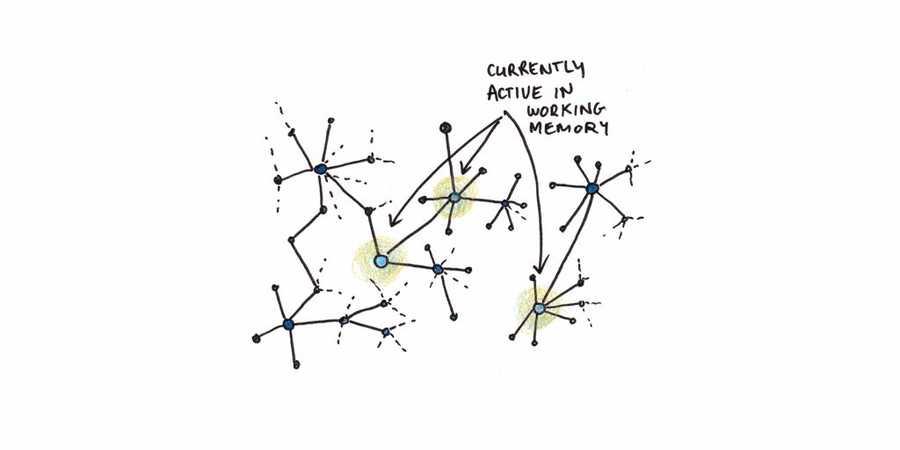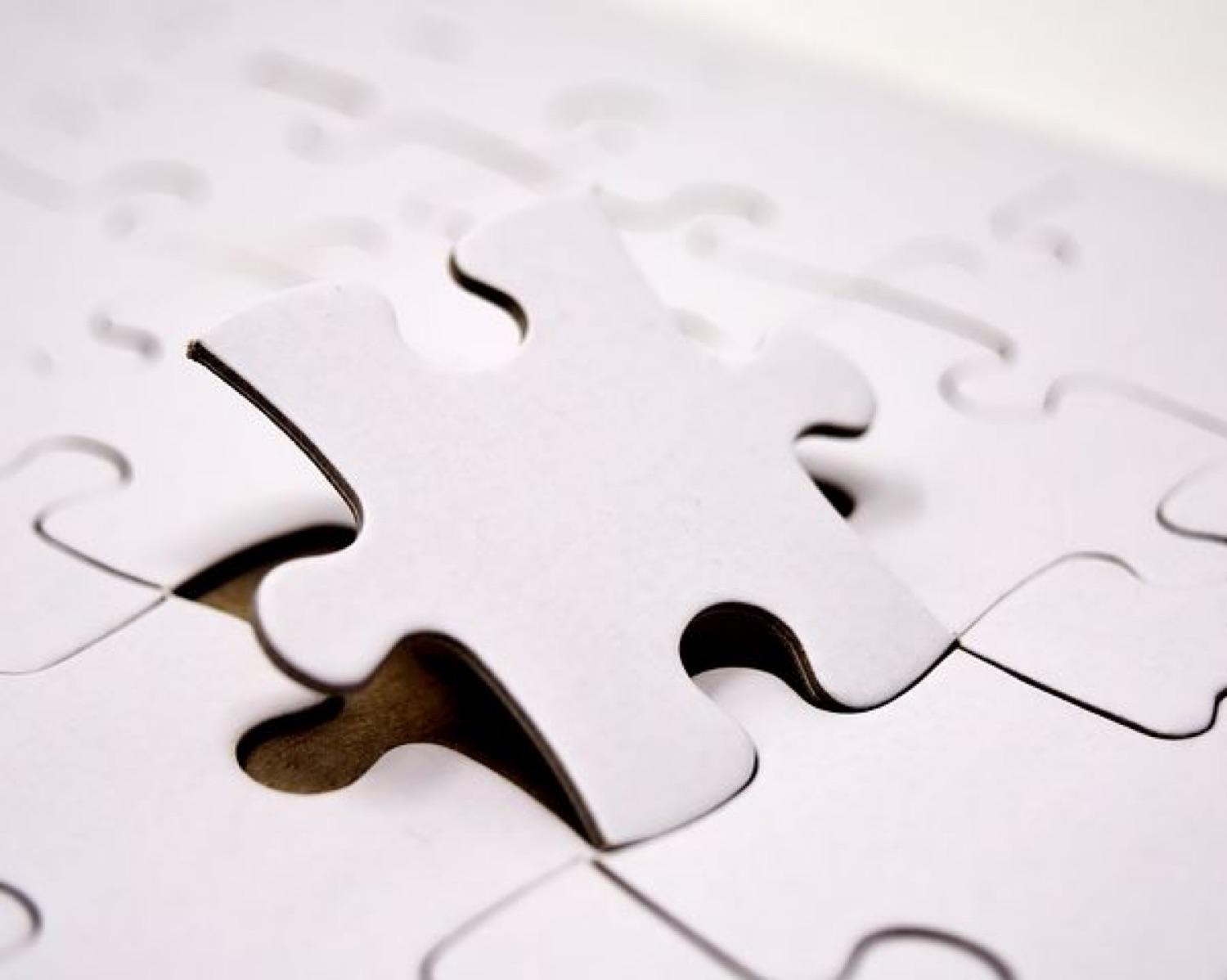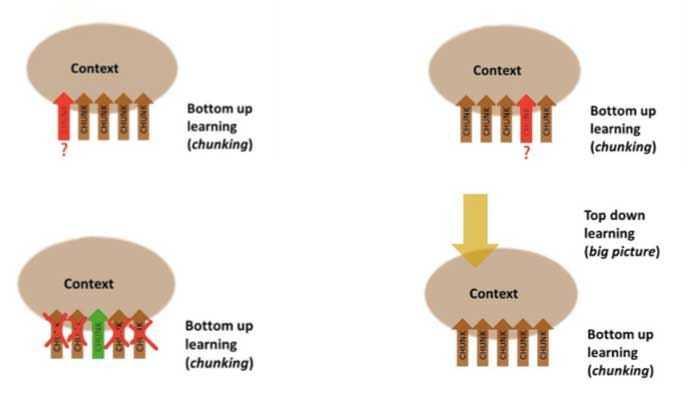The Declarative System
The basic unit of declarative memory is the chunk. This is a structure that binds approximately three pieces of information.
The idea is that, through experience, we connect these chunks into elaborate networks. We can then traverse these networks to get information as we need it.
261
752 reads
CURATED FROM
How Do We Learn Complex Skills? Understanding ACT-R Theory - Scott H Young
scotthyoung.com
13 ideas
·9.88K reads
IDEAS CURATED BY
This article gives a holistic view on ACT - R theory and how do we learn complex skills. ✓
“
The idea is part of this collection:
Learn more about personaldevelopment with this collection
How to beat procrastination
How to enhance your creative thinking
How to create a smooth transition in a new endeavor
Related collections
Similar ideas to The Declarative System
Practice chunking
A memory chunk is a solid connection in your mind that relates various bits and pieces of information.
Focus on the concept you want to form a chunk of. Write down the basic ideas of what the concept is all about. Build up from these fundamentals to finally create a chunk.
What is a Chunk?
= pieces of information bound together through meaning/ use
The new logical whole makes the chunk easier to remember & also makes easier to fit it into the “larger picture”.
Just memorizing a fact without understanding is not enough, ...
Top-down and bottom-up learning
Top-down learning is understanding the big picture. It allows you to put the main ideas into a big-picture map to understand how the information fits together.
Bottom-up learning, called "chunking" describes pieces of information that are linked together through meaning or use. Much of lear...
Read & Learn
20x Faster
without
deepstash
with
deepstash
with
deepstash
Personalized microlearning
—
100+ Learning Journeys
—
Access to 200,000+ ideas
—
Access to the mobile app
—
Unlimited idea saving
—
—
Unlimited history
—
—
Unlimited listening to ideas
—
—
Downloading & offline access
—
—
Supercharge your mind with one idea per day
Enter your email and spend 1 minute every day to learn something new.
I agree to receive email updates


